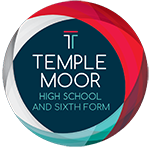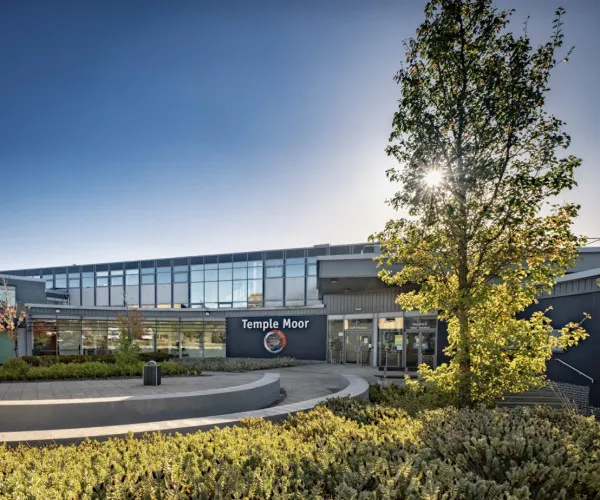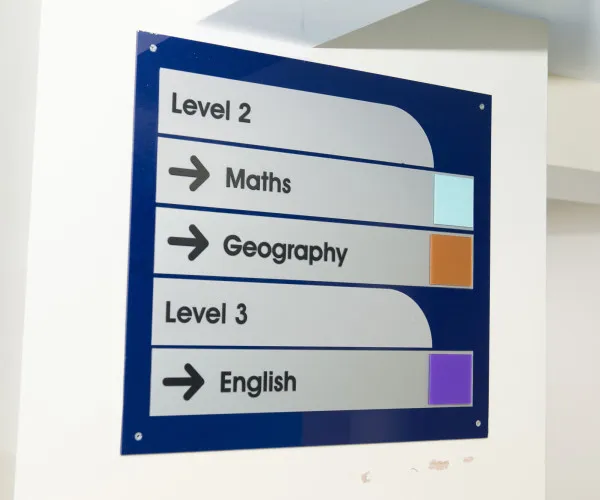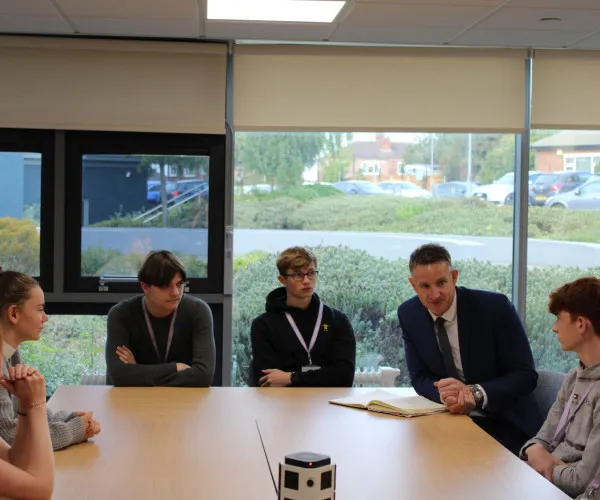- Curriculum
- Assessment
- Form Time
- British Values & Preventing Radicalisation
- Curriculum Subjects
- Art Curriculum
- Business Studies Curriculum
- Criminology Curriculum
- Design & Technology Curriculum
- English Curriculum
- Geography Curriculum
- Graphic Design Curriculum
- History Curriculum
- ICT Curriculum
- Law Curriculum
- Mathematics Curriculum
- Modern Foreign Languages Curriculum
- Performing Arts Curriculum
- Personal & Character Development
- Photography Curriculum
- Physical Education Curriculum
- Psychology Curriculum
- Read to Succeed
- Religious Education Curriculum
- Science Curriculum
- Sociology Curriculum
- Learning Qualities & Values
- The Options Process
- Supported Study and Revision
Psychology Curriculum
Subject aim
Psychology is the scientific study of the mind and how it dictates and influences our behaviour, from communication and memory to thought and emotion. It’s about understanding what makes people tick and how this understanding can help us address many of the problems and issues in our society today. The GCSE and A-Level Psychology curriculums aim to give students a strong foundation to pursue a career in the field to Psychology or to study a related subject at degree level. In addition, the study of Psychology aims to establish proficiency in critical writing and an understanding of the scientific process which will equip students with these highly sought after academic skills.
Details about the curriculum structure
Psychology is taught at Key Stages 4 and 5 as an optional GCSE or A-Level subject. The curriculum is designed to utilise the literacy, numeracy and scientific skills acquired by students in other subjects lower down the school. We promote intellectual curiosity by encouraging students to ask their own questions about human behaviour, subsequently giving them confidence in thinking critically. The curriculum is highly applied to the real world and students are able to apply their knowledge of theories and research within the subject to their own life experiences
Key Stage 4
We offer two different GCSE programmes for Psychology. A three-year GCSE which starts in Year 9 and a two-year GCSE which starts in Year 10. Students will sit 2 exams at the end of Yr11, both 90 minutes long. Both courses cover the same topics and all student will sit the same exams at the end of Yr11, the hours of teaching are simply spread out differently over the 2 or 3 years.
Key Stage 5
Students are taught Psychology over 10 hours per fortnight. Students can study A Level Psychology whether they have completed the GCSE course or not, it is completely accessible for students who did not study the GCSE. Students will sit 3 exams at the end of Yr13, all 2 hours long.
What will students study?
Key Stage 4
As all student will be new to learning psychology, will begin with the ‘strong foundations’ topic which introduces a range of key terminology and basic understanding of the psychological components we will refer to throughout the course. We will then begin exam content with the ‘Research Methods’ topic – this unit allows students to understand how psychological research is carried out and the thought processes needed to conduct an investigation. We will train our students how to become mini psychological researchers!
Each topic that follows consists of 2 psychological theories which explain a human behaviour, and 2 studies with put these theories to the test with participants. Using our strong foundations and research methods knowledge, students have the capabilities to understand, evaluate, and compare these to one another and then apply their knowledge to a range of real world scenarios. Theories and studies we learn span across:
- Criminal psychology
- Developmental psychology
- Psychological problems (depression and schizophrenia)
- The psychology of memory
- Sleep and dreaming
- Social influence
Key Stage 5
Year 12
We begin the A-Level course with a brief ‘Strong foundations’ topic which provides students who studied GCSE psychology a recap of key terminology and concepts from lower school, whilst allowing students new to psychology to quickly come to terms with the language and key ideas they will need. One teacher will begin with the ‘Research methods’ topic, giving students the basic understanding of what psychological research is and how it is carried out, whilst the other teacher will deliver the ‘Approaches’ topic introducing the 6 key approaches we can take in explaining human behaviour. Throughout the rest of the year we cover ‘Biopsychology’ which highlights the importance of our biology in behaviour, followed by the study of human attachment, the psychology of memory, and the study of social influence.
Year 13
In the second year, students take the knowledge of research, biopsychology and the different approaches to apply it to more specific examples of human behaviour. Students will begin to think more deeply about mental health and psychological disorders such as depression, schizophrenia, OCD and phobias, where we consider a range of explanations and treatments. We will study the psychology of relationships, and the psychology of aggression, understanding what the driving factors are behind being violent or choosing a life partner. We will finish with the ‘Issues and debates’ topic, focusing on the underpinning ‘big questions’ we have been asking throughout the 2 year course.
Qualifications which we offer
Key Stage 5
Where could this subject ultimately take you?
Psychology is one of the most popular subjects to study because it has a big impact on all areas of life, from education and health to the economy and crime! It is considered to be a demanding subject offering a range of valuable academic skills such as written communication, data analysis, research skills, and the ability to form an argument based on considered evidence.
It’s important to know that many universities request science A Level’s to complete certain courses and that Psychology is accepted as a science by many universities. Regardless of your aspirations, A Level Psychology is highly respected by all universities and for a wide range of courses.
Links to other sites which support study in our subject
Contact details to find out more about our curriculum
- Curriculum
- Assessment
- Form Time
- British Values & Preventing Radicalisation
- Curriculum Subjects
- Art Curriculum
- Business Studies Curriculum
- Criminology Curriculum
- Design & Technology Curriculum
- English Curriculum
- Geography Curriculum
- Graphic Design Curriculum
- History Curriculum
- ICT Curriculum
- Law Curriculum
- Mathematics Curriculum
- Modern Foreign Languages Curriculum
- Performing Arts Curriculum
- Personal & Character Development
- Photography Curriculum
- Physical Education Curriculum
- Psychology Curriculum
- Read to Succeed
- Religious Education Curriculum
- Science Curriculum
- Sociology Curriculum
- Learning Qualities & Values
- The Options Process
- Supported Study and Revision













